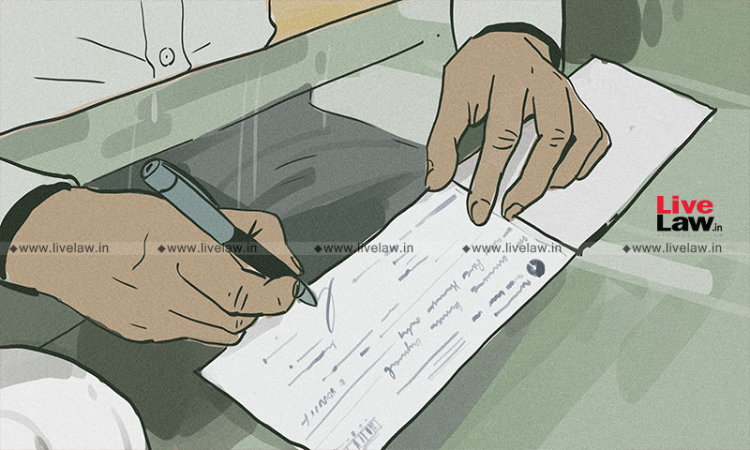Section 143A NI Act - Not Mandatory For Magistrate To Order Payment Of Interim Compensation : Karnataka High Court
Mustafa Plumber
21 March 2022 2:04 PM IST

Next Story
21 March 2022 2:04 PM IST
The Karnataka High Court has said that it is not mandatory for Magistrate Courts to pass orders directing interim compensation under Section 143A of the Negotiable Instruments (NI) Act, if the accused does not plead guilty. A single judge bench of Justice M Nagaprasanna said, "The Legislature has cautiously worded sub-section (1) of Section 143A not to make it mandatory in all cases...
